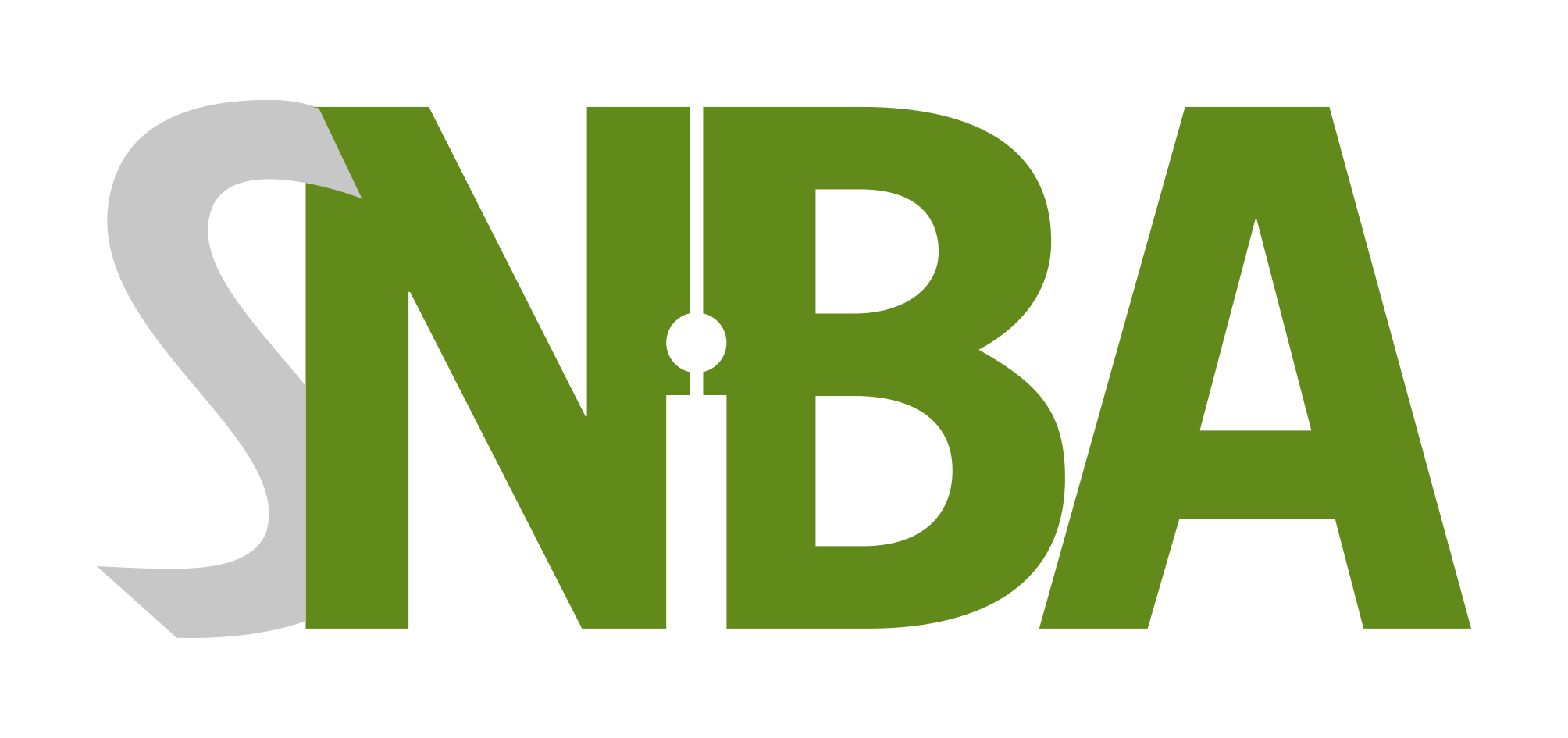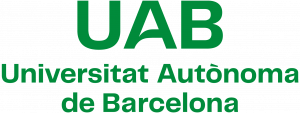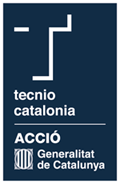AUTHORS: A.C. Barroeta, G. Verge i N. Ciria.
Laying hens eat complete and balanced food. Nutrition experts design diets that provide the energy and needed nutrients for the normal functioning of the body and the formation of the egg. For this, natural ingredients are selected and combined using the right amount and proportion, in order to ensure the hen’s intestinal health and well-being, as well as the quality of the egg, without forgetting the commitment to the environment.
The birds’ digestive tract is short and food runs through it at a fast rate (3-4 hours). Its digestion is fundamentally enzymatic, with a reduced rate of bacterial fermentation. Therefore, its diet contains, mainly, starch, protein, fat, vitamins and minerals, not to mention moderate amounts of fiber and bulky foods that contribute to the proper functioning of the digestive system.
Digestive system
Hens use their beak to catch food, swallow without chewing (remember they don’t have teeth) and can store it in the crop, an esophageal cavity intended to be a food reservoir for the bird. Food then passes through the proventriculus, which acts as a glandular stomach (enzymatic digestion), and then to the gizzard, where the grinding action (mechanical digestion) happens and mixes the food with gastric juices. Once the digestion processes have reduced the size of the food components, the nutrients are absorbed through the epithelial cells of the small intestine and enter the circulation, transporting these nutrients to different tissues and subsequently transferring them to the egg. Undigested food is excreted through the sewer along with urine.
Ingredients
The main ingredients that are part of hens feed are: cereals (corn, wheat, barley and oats), sources of protein (soybean meal, sunflower meal and peas), vegetable oils, vitamins and minerals. For this reason, we can say that hens are mostly fed on products of plant origin, even though they are omnivorous animals. In fact, hens allowed to be outdoors (free range, code 1 and organic, code 0) can eat other types of food apart from the feed (5%) such as insects, earthworms, grass and even minerals. For the formation of the eggshell and maintaining the integrity of the hen’s skeleton, it is especially important to ensure the correct supply of calcium, phosphorus and vitamin D.
In addition to the ingredients mentioned above, some supplements are included in order to improve the quality of feed and eggs, as well as the use of nutrients, intestinal health, well-being and also the reduction of the environmental pollution. Among them are antioxidants, administered to ensure the stability of the feed, or enzymes (such as carbohydrases and phytases) that aid in digestion and reduce the excretion of contaminants in the excreta. Probiotics and prebiotics are also commonly used to improve intestinal health, or amino-acids used on their own to increase the effectiveness of the dietary protein and thus reduce the excretion of nitrogen to the environment or pigments that, along with corn and grass, provide carotenoids so that the yolk of the egg acquires a yellow-orange color. In relation to the pigments in the diet, it is worth mentioning that through the feeding of the hen, the color of the yolk can be modified as opposed to the color of the eggshell, which basically depends on genetics.
All the raw materials mentioned above are mixed in the appropriate proportions for a balanced and quality feed production. During the feed producing processes, strict quality and traceability control is followed, from the ingredients to the finished food. Hormones are never used and antibiotics are used only with veterinary prescription for therapeutic purposes. The nutritional quality and the absence of undesirable compounds are always verified, ensuring the healthiness of the food and the egg.
This complete food is usually presented in the form of coarse flour, granules or crumbs (hens reject fine particles). The hen always has access to food, so that she can naturally distribute it to many meals a day.
Finally, we must not forget the importance of water, which plays a fundamental role so that animals can eat and properly digest the nutrients in food. The chemical and microbiological quality, as well as the water consumption, are periodically supervised, since they are critical aspects to achieve the final objective: good nutrition for the hen.
Article Summary “Alimentación de las gallinas ponedoras”, from the same authors. Also published in Instituto de Estudios del Huevo.







